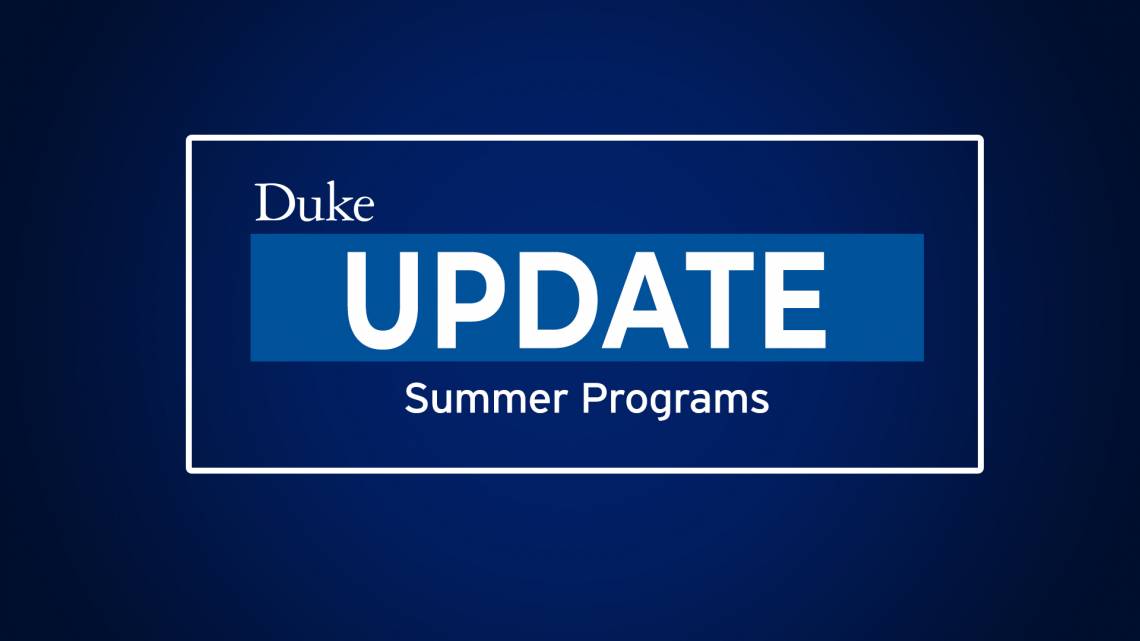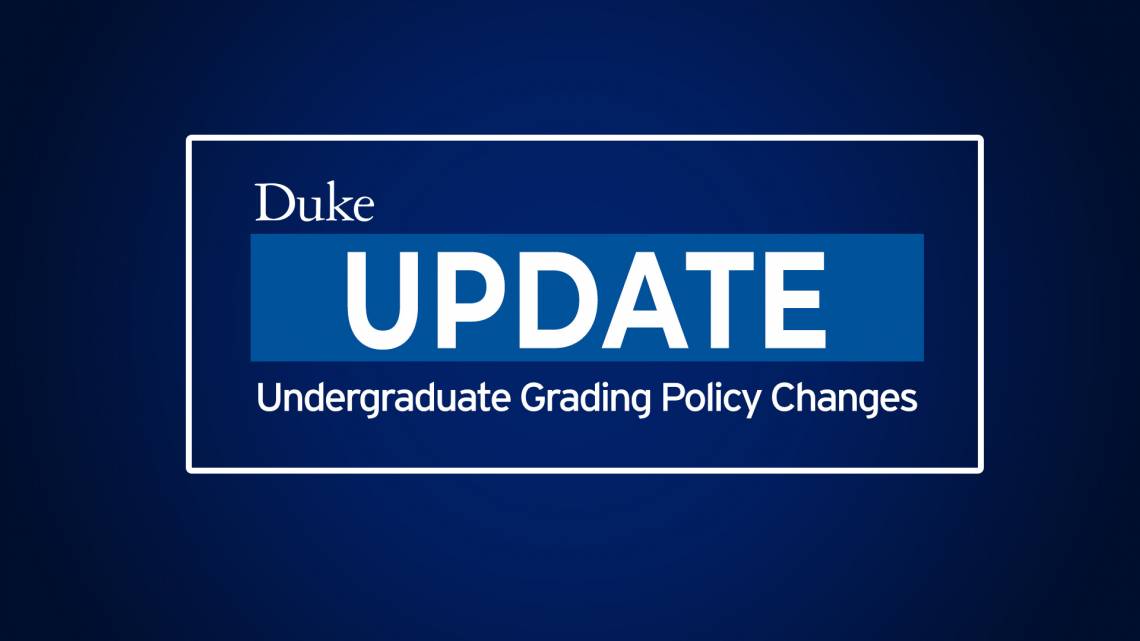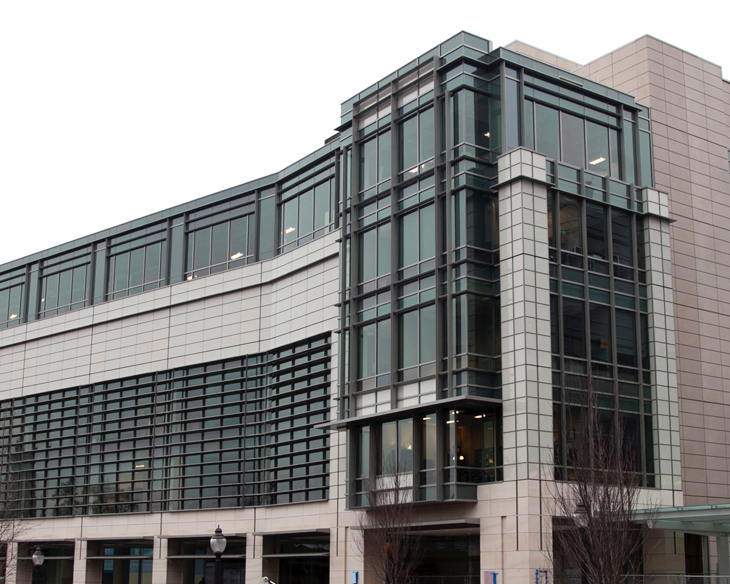In light of the continuing uncertainty about our ability to safely conduct programming on campus over the next several months, Duke will be implementing the following changes for all university-sponsored summer programs:
Summer Session I classes scheduled for the Duke Campus and the Duke Marine Lab are cancelled. We are currently exploring the feasibility of offering a reduced set of remote or online courses in Summer I (May 13-June 25) and will announce those options when they can be confirmed. We have not made a final determination about Summer Session II (June 29-Aug 9 but plan to do so by the end of April. We hope circumstances will have changed enough to safely operate a limited schedule of classes; otherwise we will continue to plan a slate of remote or online offerings for Summer Session II. Since many Duke undergraduates rely on Summer Session I and II to meet academic requirements, our highest priority will be to ensure that those courses remain available to the extent possible.
All other Duke-sponsored academic curricular and co-curricular programs scheduled for the entire summer must be delivered remotely or online. No campus-based programming or classes will be permitted.
All Duke-sponsored academic programs involving travel are cancelled for the entire summer. This includes, but is not limited to, GEO-managed study abroad, Duke Engage, and any programs offered by graduate and professional schools. Student participation in summer study abroad programs offered by non-Duke providers must abide by Duke travel policies.
All Duke-sponsored summer programs enrolling pre-college students (minors), except the American Dance Festival and sports camps scheduled for Duke campus and offsite locations, are cancelled for the entire summer. This includes, but is not limited to, Duke TIP, pre-college programs run by Continuing Studies, individual schools and units, and the Office of Durham and Community Affairs, as well as any Duke student-run activities. We anticipate delivering a limited set of pre-college programs remotely or online. Further details will be forthcoming from each program.
Sports camps, the American Dance Festival and all non-credit classes, programs, camps, festivals, and activities sponsored by outside organizations that are schedule to be held on the Duke campus are cancelled through at least June 28, 2020. We will make a decision by the end of April regarding programs scheduled to be held after June 28.
Individuals who have already registered and paid for cancelled programs will receive a full refund of any deposits or fees that have been paid. We expect that many schools and programs that are unable to operate on campus will develop alternatives that could provide educational and employment opportunities for undergraduate and graduate students at Duke, as well as the many individuals from around the world who have come to rely on Duke summer programs.
We are assembling a leadership working group to support the development and delivery of curricular, co-curricular, and career programs for Duke undergraduate and graduate students. We will also widely disseminate summer opportunities through a dedicated website that will be available shortly.
Curtailing summer programming is a difficult but necessary decision given the current uncertainty about the safe resumption of campus activities. We know it will present some level of disruption and stress for students, families, faculty and staff, but we also know that many of our programs will use this moment to conceive and execute innovative programs that continue our mission of education, research and service.



